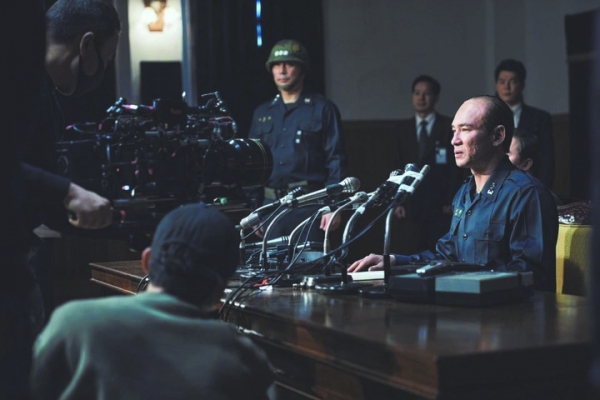
Martial law has a significant meaning to South Koreans, closely related to the country’s modern history in the 20th century. Most Koreans’ view towards the activation of martial law is closer to the negative side, and this perspective derives from the history of hard-fought democracy. There have been several declarations of martial law in the 20th century, and most have led to a dictatorship and limited civilian rights of the people.
In 1960, Rhee Syngman, the first and also second and third president of the Republic of Korea, declared martial law to continue his regime as the president. The 12-year-long authoritarian regime ended with the April Revolution, mass civilian protest against the corrupted government derived from a strong want for democracy. In 1961, martial law was declared following the coup d’état led by General Park Chung-hee. This authoritarian regime ended after almost two decades with his assassination in 1979 and was closely followed by another coup d’état and activation of martial law by General Chun Doo-hwan in 1980.
As seen from these examples, declaration of martial law has often been used for maintaining an authoritarian regime and while fighting to recover democracy again, many people have been treated violently. While in this regime, many aspects of human rights were violated, freedom of speech was gone, and the Constitutional Law was changed to the dictators’ liking, often to extend their regime.
Martial law initially is a needed policy for times of war or nationwide emergency. However, the frequent consequent rise of dictatorship has changed the perspective of how most Koreans see martial law. Many people still share the pain and anger towards these times, especially those who were university students at the time and actively participated in demos. This is why the declaration of martial law on Dec. 3 last year was seen as a threat to democracy.
As South Korea continues to navigate its future, the lessons from its past remain ever-relevant. They serve as a reminder of the cost of freedom and the continuous effort required to preserve it. In this light, martial law is not just a relic of history, but a lesson on the importance of vigilance in protecting democracy.


